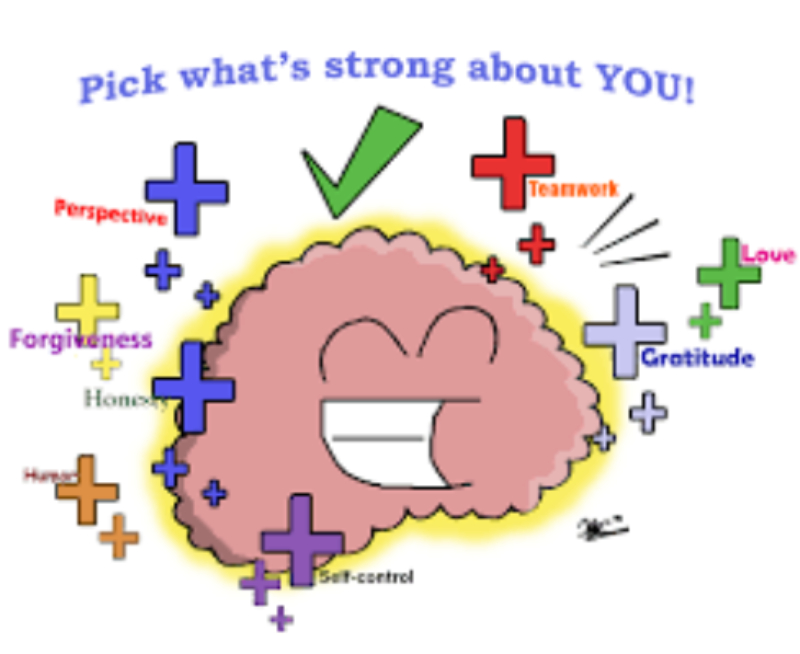Psychology plays a particularly important role in the health of a person suffering from an autoimmune disease, as it affects the course of the disease itself. Feelings, that is, the general environment - which includes a number of different aspects of everyday life such as safety, work, family - determine the stability of health in a particular way in this sensitive category of patients.

Here we will try to see how the science of Positive Psychology can work in support of people with autoimmune diseases.
What are autoimmune diseases
They are actually caused by our own body. In particular, our immune system, which does not recognize some cells as our own, but as hostile and attacks them, thereby slowly manifesting the disease.
In general, there has been a sharp increase in the number of people who have been ill in Europe and America over the last 20 years. According to a study by the American Autoimmune Association, 1 in 6 Americans is chronically ill.
Even the types of diseases are on the rise. Scientists are counting about 100 different types to date (with 20 of them only added in recent years), and the list is expected to grow even further in the near future.
Diseases of this category affect all ages and are, one would say, silent. Our body may be working for some time without any symptoms until we realize that we are sick. Scientists believe there is a genetic predisposition, but the environment and psychological factors play a catalytic role. Anything more than a coincidence is the fact that the vast majority of those who have suffered have experienced some kind of psychological stress for a long time. Numerous surveys document this as well.

Symptoms & Types of Diseases
They manifest with multiple symptoms, affecting an area of our body. At times they are in flux or in recession. Some of the symptoms that have been observed are: fever, physical pain, fatigue, sickness, skin rashes, hypertension, gastrointestinal disorders.
Some, more or less known, are:
-Psoriasis
-Wolves (Systemic Lupus Erythematosus)
-Rheumatoid arthritis
- Multiple sclerosis
- Crohn's disease
- Celiac disease
-Hashimoto's thyroiditis
- Severe myasthenia
-Polar arthritis and much more
It is also worth knowing that they are associated with specific areas of our body. These areas are:
-Brain
-Thyroid gland
- Bones
- Muscles
-Skin
-Respiratory
- Neurological system
-Abdomen
-Blood
The Role of Positive Psychology
The scientific community seems to differ on the exact causes behind autoimmune diseases. It is not entirely clear whether the problem basically originates from the immune system, whether it is hormonal, genetic or due to a 'fault' of the affected cells. This is of course of great scientific importance because it will obviously lead to concrete solutions.

However, where both seem to agree is that the psychology of the patients has contributed to the appearance of the disease, while also affecting the stability of the patient's course. The science of Positive Psychology therefore seems to be able to make a significant contribution to stabilizing and improving symptoms, and perhaps even to avoiding such diseases.
As an industry that deals with the scientific study of those experiences, factors, and conditions that help make our lives better, improve our personality and be able to live happily ever after, we understand the role that can play. play on the ground of autoimmune diseases.
In a nutshell, Positive Psychology can help to protect the body from the emergence of such diseases, that is, to act as a shield. But it can also help a patient to get more firmly on his or her feet in the field of psychology, thereby reducing the outbreaks of the disease.
A margin for more specific studies that provide sufficient conclusions about the precise role of Positive Psychology in the lives of those with autoimmune diseases, of course, exists and is not underestimated. However, Positive Psychology has proven that the only one who can come out who wins - whether he is sick or not - is maintaining his psychological balance, discovering the positive elements of his character, and seeking to cultivate in his life those elements that can make him happy. man.
And let's not think of these elements as inaccessible or foreign. Exercise, proper and proper nutrition, good and systematic sleep, our exposure to the sun are some of the most essential ways to take our steps towards positive psychology.
By Dr Angel,
Aggeliki Koskeridou
Holistic Doctor – Counseling Psychotherapist
Doctor of Naturopathic Medicine
MSc Health Psychology
insta: dr_aggelikikoskeridou_official



